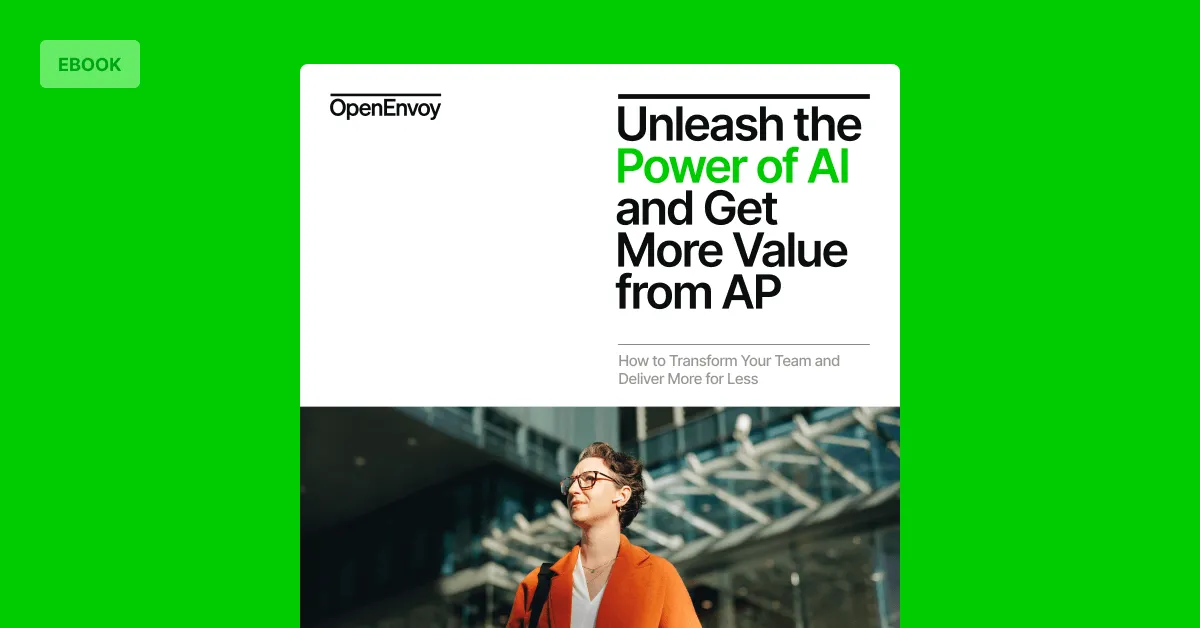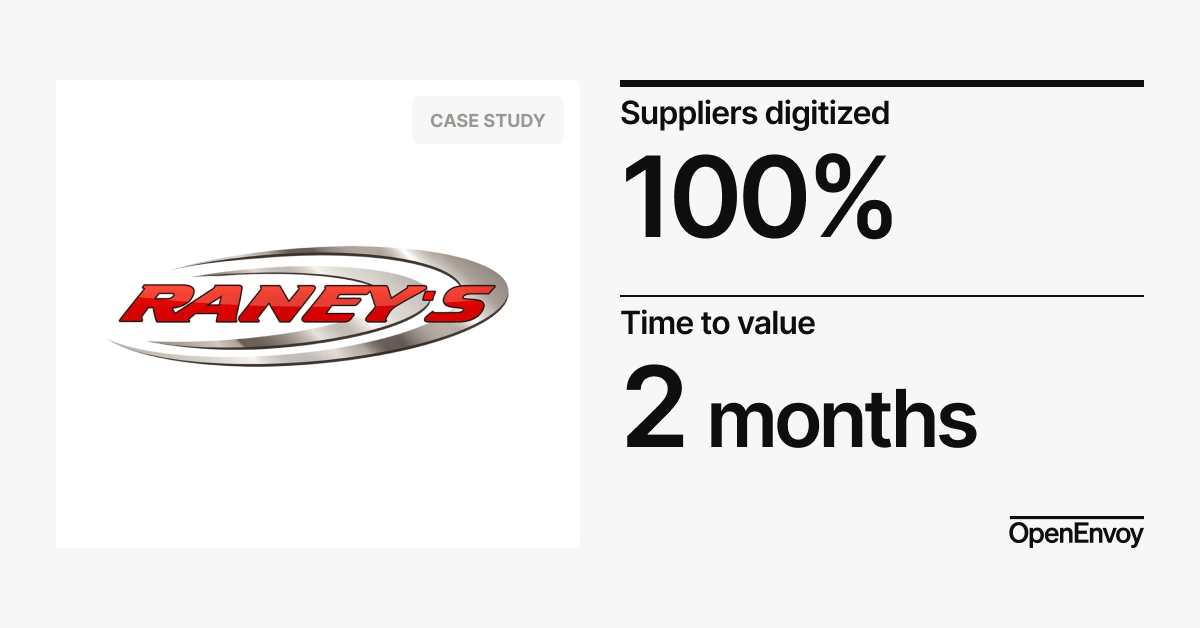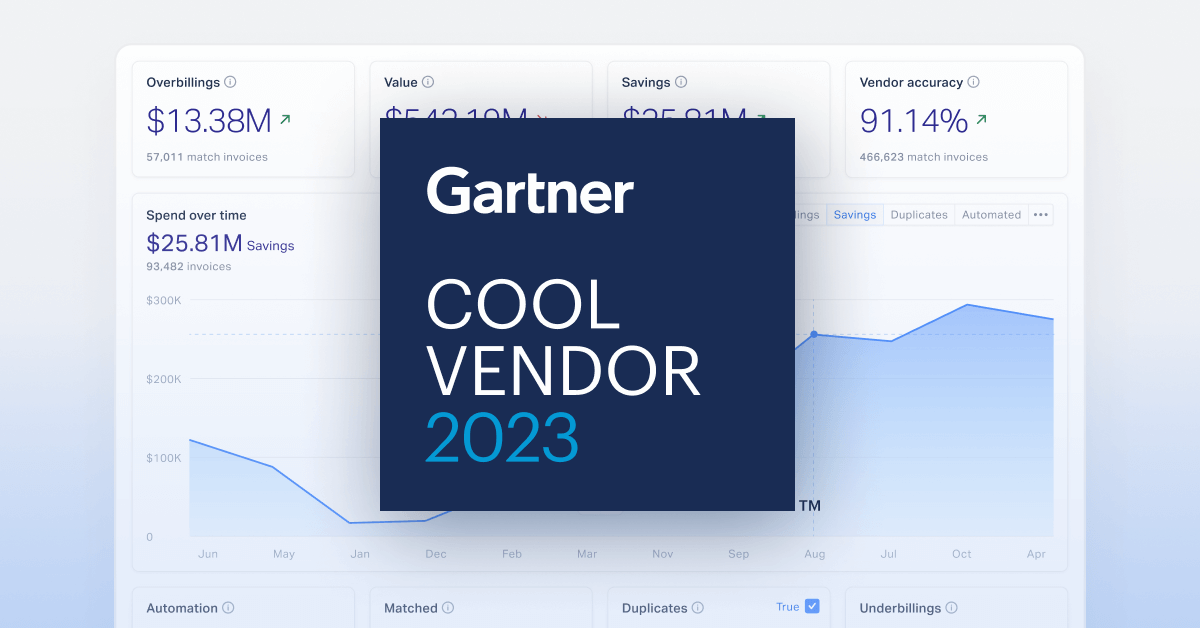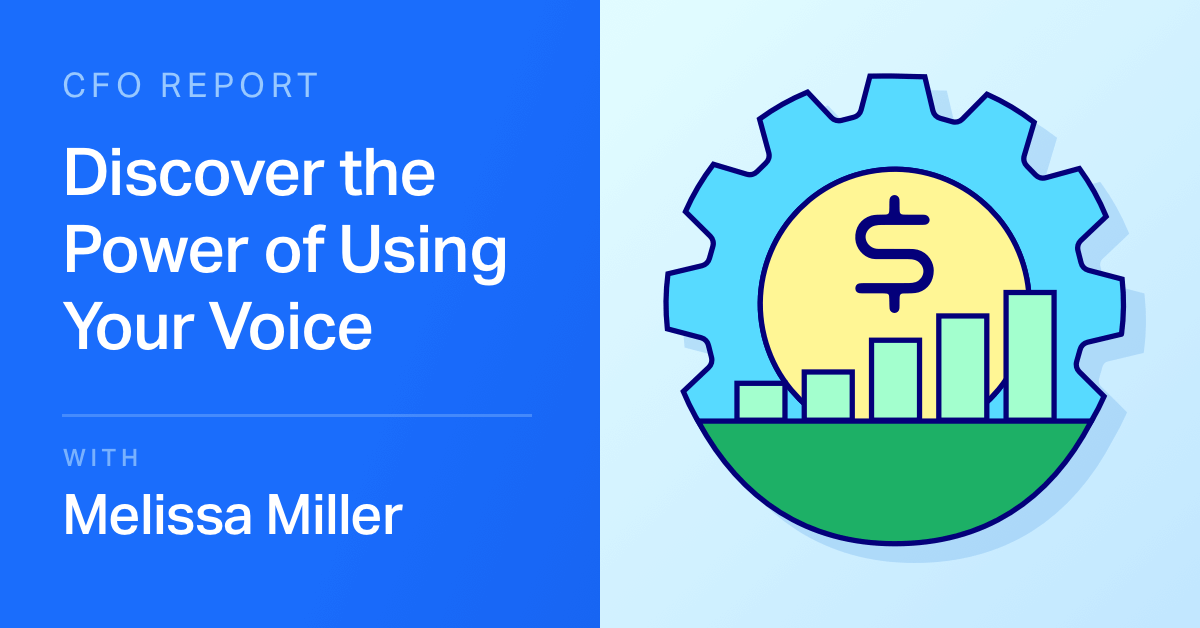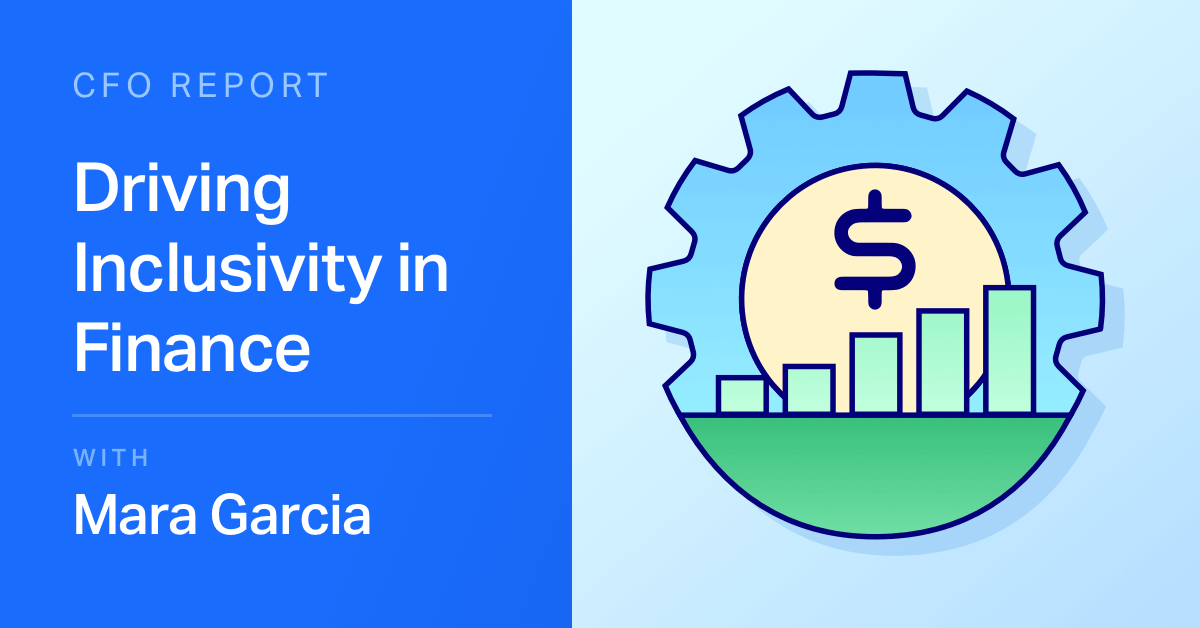

Kristen Malone will be the first to admit: She’s a bit of an Excel nerd.
Malone, Director of Financial Planning and Analysis at New York-based startup Hyperscience, sees the ubiquitous spreadsheet application as much more than a tool for number-crunching: It’s a creative outlet.
Automation in finance and accounting has the potential to reshape the profession. According to a study by Deloitte, 56% of finance roles could see some level of automation in coming years, which opens new pathways beyond repetitive, routine tasks.
“Building things from scratch, making something out of nothing, building processes – I have so much fun in Excel,” Malone says. “Excel is such a powerful tool, and it’s a great place to start before you get to the really expensive software.”
Before landing at Hyperscience, Malone’s drive to build led her on a journey from a large public accounting firm to a series of fast-paced startups, including a stint at the financial news network Cheddar. Malone discovered that startup life gave her a chance to use her accounting skills to solve interesting, unique problems and to drive growth.
“At Cheddar, we launched different networks and changed programming hours and had to figure out how to make it all work: Staffing, arranging schedules, hiring optimally, investing at the right time, and making it all fit. So our job was to make a plan and present it to the board,” she says.
During Malone’s tenure as senior director of finance, Cheddar grew from a fledgling digital news service to a widely-distributed network spanning business, sports, culture and more. About three years after it was first launched, it was acquired by Altice USA for $200 million.
Part of the fun, she said, was learning about how the media business works.
“Before I worked at Cheddar, I knew nothing about media, so it was a cool opportunity to learn about so many different parts of the business,” she adds.
Malone found she had a talent for building processes in an earlier position, which had outdated systems and required a lot of cleanup of historical accounting records, she said. The need to streamline those systems created an opportunity to design new systems – and hone new professional skills in the process.
“Getting thrown into it is a great way to learn, at least for me,” she said. “That experience made me realize I enjoyed process building and automating workflows – and that I was good at it – so I kept at it. It's an essential skill to have in a startup environment.”
That spirit carried over to Hyperscience, where Malone heads up financial planning and analysis at the six-year-old software startup. Hyperscience focuses on an emerging category called robotic process automation, which uses programmable, software-based ‘workers’ to automate enterprise workflows. As lead planner and analyst, Malone uses her skills to create processes and make them run efficiently, directing a team at the growing tech firm.
“It’s complicated and detail-oriented, but it’s fun to take information and present it into a way people can digest. It’s like trying to solve a puzzle,” Malone says.
Apart from building cutting-edge products, working at Hyperscience comes with perks: Notably, a level of work-life balance that made it a good fit for Malone. She also found a welcoming environment as a woman in the male-dominated finance profession.
According to the research group Catalyst, women make up 54% of the overall financial services profession. However, that number diminishes at the most senior levels of leadership, despite evidence that gender parity in the C-suite leads to better outcomes. A study by S&P Market Intelligence found that men outnumber women by a factor of 6.5 to 1 among CFOs, but that women-led finance departments deliver superior profits and investor return.
As with many other professions, the reasons for the disparity are a mix of structural and more subtle factors: Being interrupted or ignored in a meeting, encountering double standards in expectations compared to male colleagues, being mistaken for someone in a more junior role, or other discriminatory cues in the workplace. Much of it can boil down to a company’s internal culture, as well.
“At least from what I’ve seen, women can succeed and move farther more easily in startup environments,” adds Malone. “At the same time, every startup I’ve worked at has had an all-male C-suite, and none have had a female on the company’s board.”
For women coming up in finance and accounting, finding a good manager or mentor can be helpful in finding your niche. As with many other professions, the gender gap is real in finance – but whether you’re an auditor, accountant, planner or analyst, it’s also a wide-open field for women in the profession.
“The numbers speak for themselves,” Malone added. “As long as I present them in a way that people can understand and take action on, I’m not worried about being heard.”
Serious about protecting your cashflow?


